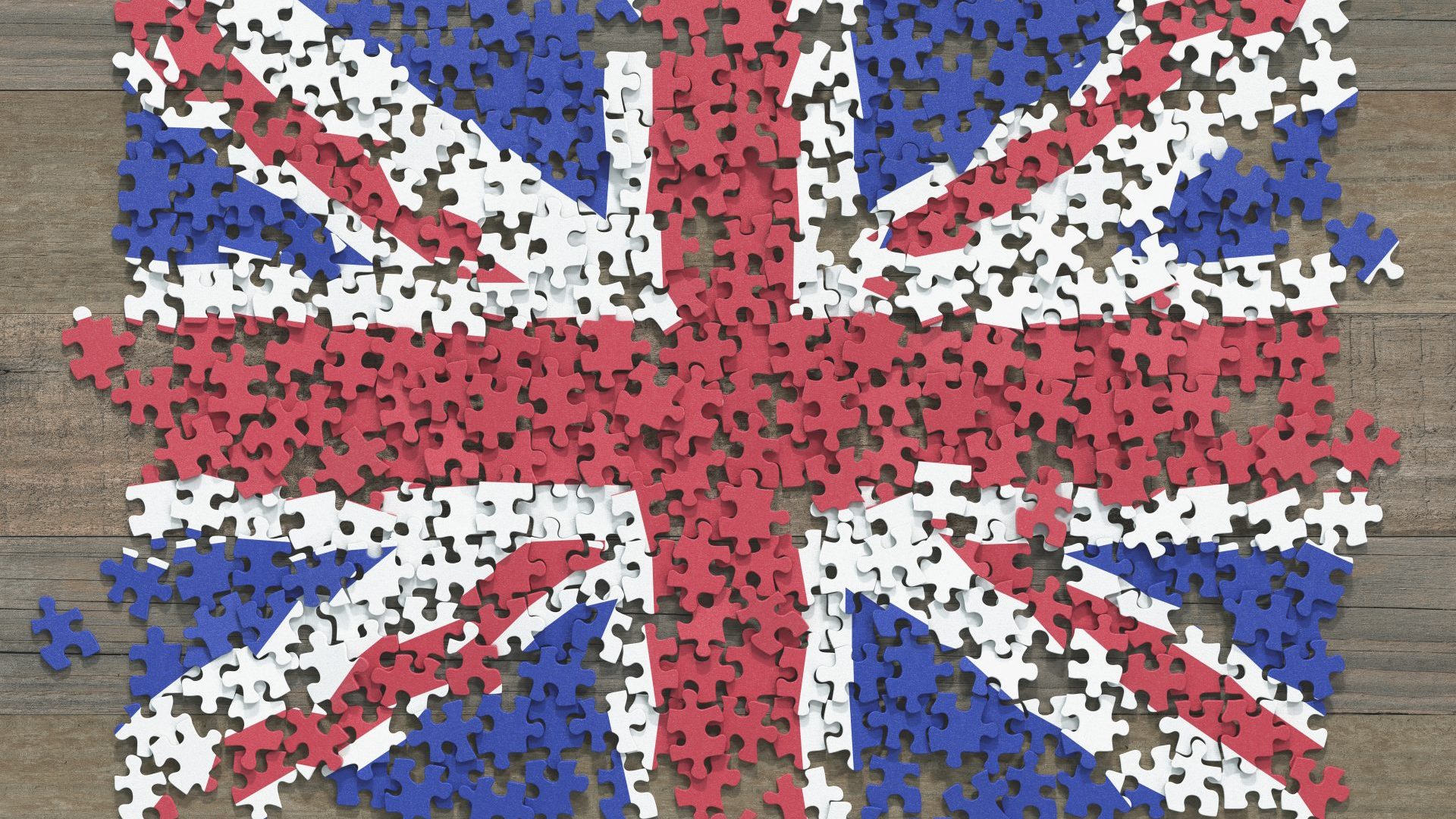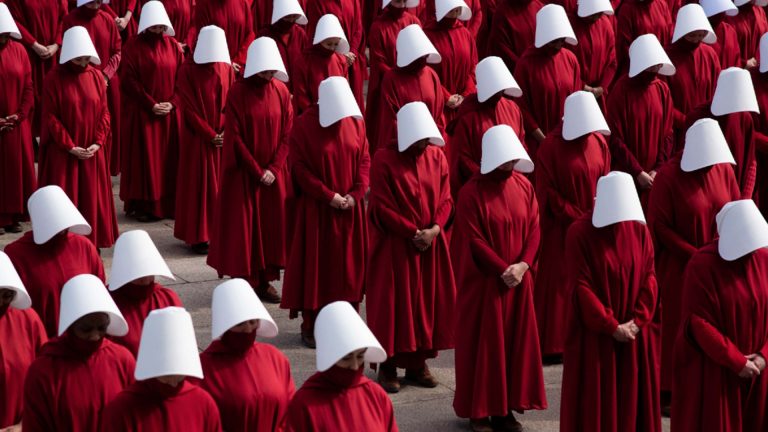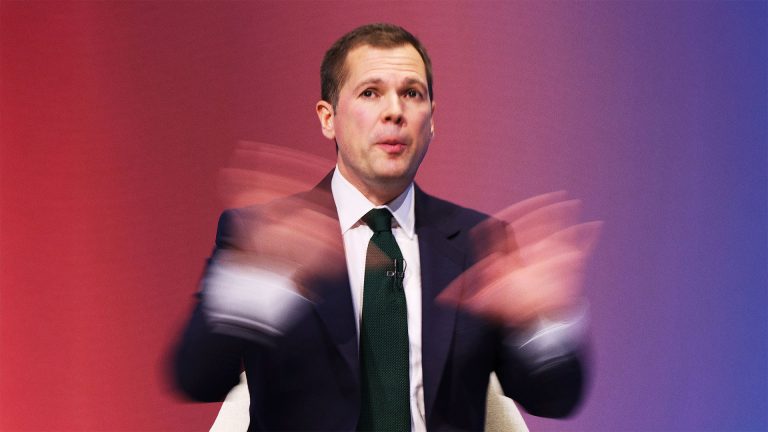The secret to beating most video game bosses is to learn their attack patterns. They may seem daunting at first but, with a step back, you’ll realise there’s usually a rhythm to the fight: they come at you, come at you again, then take a moment to rest. This is when you must stop defending yourself and start wielding your weapon, before quickly retreating. You can think of it as a carefully choreographed dance.
In Hollow Knight, a notoriously fiendish game, most bosses do not let themselves get beaten easily. Still, with enough time and careful study, their patterns can be memorised, and used against them. One of the hardest fights, however, involves two different enemies appearing in a locked room, and requires you to fight them both at once. Their patterns do not match up, meaning that you cannot let yourself fall into a routine at any point. Whatever happens, you must always be on your guard. It’s an exhausting fight.
It’s also the situation both Labour and the Conservatives are now finding themselves in. We know by now that the era of the two-party system is, if not dead, then at least taking a much needed rest. We have the red team and the blue team, but parties now also come in orange, green and… azure? We can probably call it that. Most importantly, voters are taking full advantage of this political cornucopia, and deserting the main parties in droves.
There are many ways in which to approach this development, as has been made evident by the sheer number of columns recently published on the topic. What this one would like to ask, though, is simple: when exactly do the main players get to take a breather and snaffle a health potion?
Video game fights have a rhythm to them, and so does British politics. At risk of oversimplifying things a tad, it would usually go like this: one party wins an election, ideally with a landslide, and settles into power. The other party, now unloved by the electorate, spends a little while tending to its wounds, and doing the political equivalent of downing shots of tequila then crying in the cab home.
For a few years, things are neat. The government governs, safe in the knowledge that the other lot aren’t worth worrying about; the opposition wallows, knowing that, as things stand, the country doesn’t want to hear from them quite yet. A lot can happen in those periods. It’s usually when great changes are enacted, and when the seeds of the next government are planted.
It’s when Margaret Thatcher remade Britain, and Tony Blair did too. Without those crucial periods of time, David Cameron never would have rebuilt the Conservatives, and Keir Starmer wouldn’t be where he is today. Political parties need many things to succeed, and “space” isn’t often seen as something worth mentioning, but it is crucial. What happens when it’s gone?
Terrified by the pincer movement of Reform on the right, and other left-of-centre parties, Labour figures are now acting like the next election is a few months away, when they have most of a parliamentary term left. Teetering on the brink of electoral oblivion, the Tories know they must shape up immediately, despite having only been out of power for under a year.
Their predicaments are both different and entirely similar; they’ve been stripped of the oxygen they should have been able to rely on, and have no idea how to react.
It is a worrying state of affairs as, again, those periods of relative calm tend to be the most productive ones in Westminster. Everyone loves the adrenaline of the campaigns, and the months preceding them, but they are where good governance and planning go to die. Just ask the Conservatives: years spent attempting to run the country while skittishly watching their backs drove them mad. You may even argue that things started going south for Britain when Cameron began truly worrying about UKIP nipping at his heels.
Labour’s troubles aren’t quite as self-inflicted, but the end result is the same. Left without the confidence that they can do this or that without bringing the wolves to the door, they’re achieving little and fretting a lot. The Tories, meanwhile, are unable to even begin to figure out what they ought to do next, both because their leader is ineffectual, and because the clock is already ticking when it shouldn’t be.
Global shocks and world events cannot be predicted, but both main parties were, for a long time, able to rely on the predictable choreography of electoral politics. The two-party system isn’t without its flaws, of course, but getting used to something else will take some time, and is likely to be chaotic.
It is, if nothing else, quite a wonderfully ironic turn of events: following years of unceasing drama, it was thought that the British public yearned for some quieter waters. The way they voted last week means that, instead, they’ve decided to shake everything up again. They may well live to regret it but, well, Vox populi, and all that.











